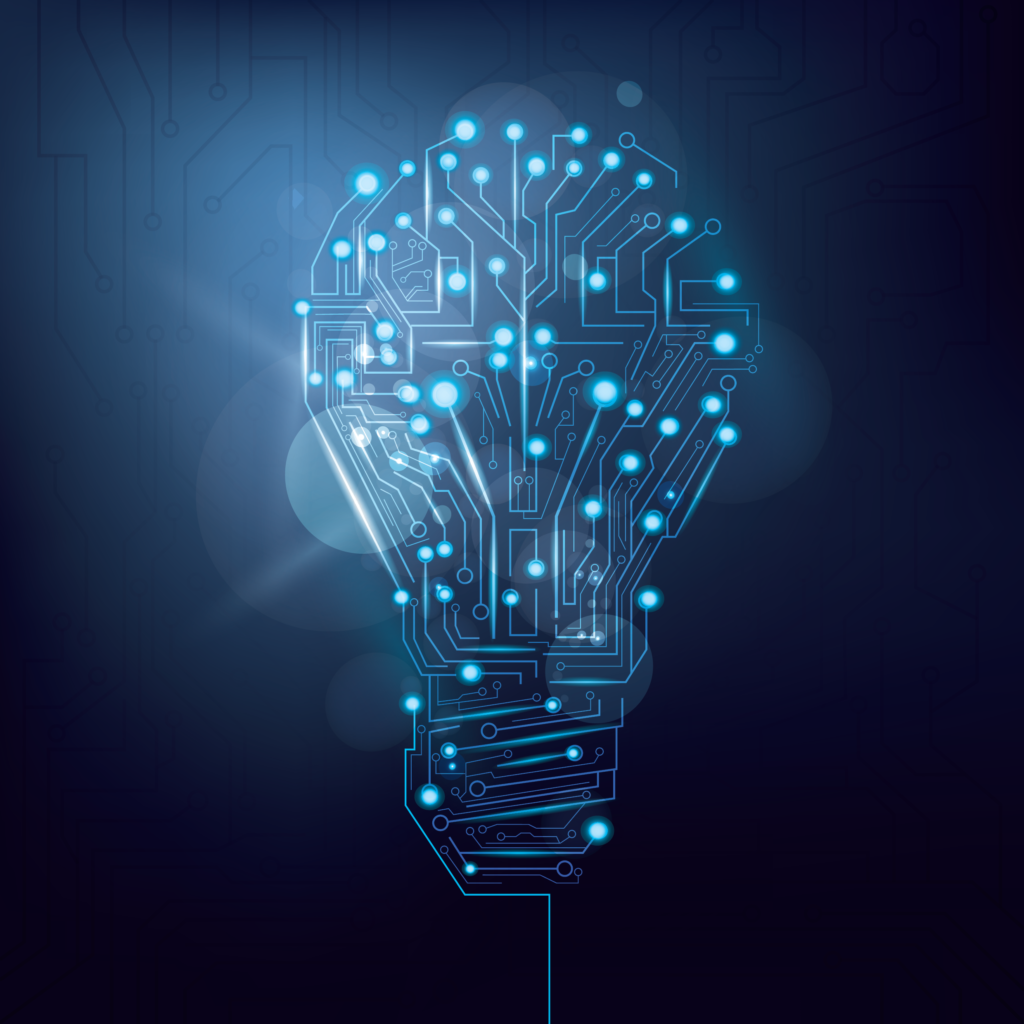Being a business person, you must be expected to minimize the operational costs while meeting and fulfilling highly technology-oriented customers’ demands and expectations. The best to meet all of these requirements is to take help from intelligent automation. It is highly helpful in organizing and using the available human capital, attaining better quality results, enhancing the customer’s experience, and increasing the production or business capacity.
If you are searching for adding this automation to your business operations, Square BPM (SBPM) is one of the best available options.
What is intelligent automation?
Intelligent Automation is a more sophisticated version of what is generally called robotic process automation (RPA). It is a program that imitates the end customer’s actions by using current enterprise application windows or web sites to search, analyze, measure, calculate, translate and enter data into existing enterprise application areas in compliance with market rules. This technology is suitable for many insurance operations, especially those that are labor-intensive, such as new business applications managing, policy change control, claims set-up and other finance and accounting tasks. Any large-scale operation or collection of repetitive activities that draw or feed data to several systems is an intelligent automation candidate.
Intelligent automation, owing to its disruptive existence, offers insurers a strategic edge by low-cost optimization, responsiveness through redeploying employees to higher-value jobs and improved, customer-friendly brand image and relevance.
Does intelligent automation tend to replace humans?
The brief answer is no because intelligent automation does not merely intend to replace humans. The main advantage here is that systems can be rapidly enhanced and converted by integrating robotic performance with human intuition. Automation does not need a learning curve, it does not get confused and cannot make an error if it is trained correctly. It follows the guidelines laid down and does so, in the same way, every time, thus addressing any deviations for human eyes for more attention.
Conversely, there is no real replacement for human intellect where complicated business laws, discretion or judgement are required to decide the right course of action. In many insurance systems, well-designed RPA technologies automate high-volume repetitive operations and exploit workflows to give smart automation process exemptions or situations involving specific decision-making to professional workers. When these instances are “acted,” they are returned to the downstream collection workflow. In this way, the transformed method organizes intelligent automation and human judgement to add the unique attributes of each to optimize the efficiency, responsiveness and accuracy of transactions.
How can it bring improvements across your value chain?
Intelligent automation allows insurers to handle an application or allegation in only a fraction of the time as humans. As a result, insurers learn that smart automation may have a huge effect on back-office operations. However, efficient automation systems will undo substantial labor capacity while minimizing operational risk across customer-facing dimensions across numerous insurance procedures. Intelligent automation can execute time-consuming verifications (compliance, credit and legal) with the insurance sales staff before time, thereby increasing your face-to-face opportunities. This technology will also streamline data processing for subscription teams, speed up the new company quote cycle, and boost close sales ratios for subscription teams.
AI will also free up labor resources in policy management by continuously reviewing consumer records, finding holes in claims or rates charged, and more. It returns time to customer service with more complicated or higher value, live customer engagement. Not to mention, robotics can help anticipate staffing requirements and adjust to seasonal variations.
What is the difference between artificial intelligence and intelligent automation?
The key distinction between artificial intelligence and intelligent automation is that while artificial intelligence is about self-employed workers capable of imitating human cognitive processes, intelligent automation is about creating better workers, both human and automated, by adopting and operating alongside intelligent technology.
If you want to grow your business, what are you waiting for? Get intelligent automation now!

